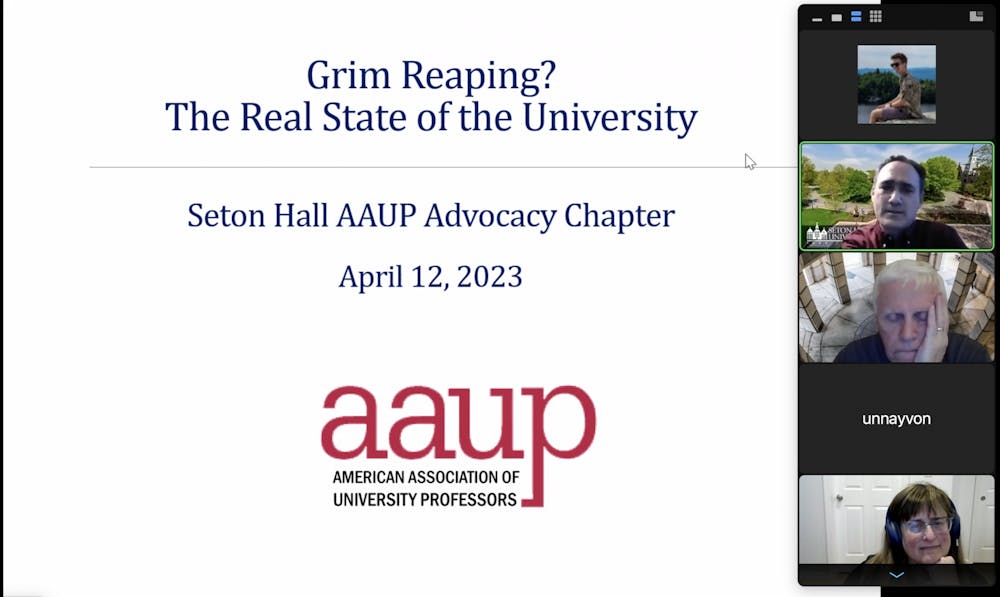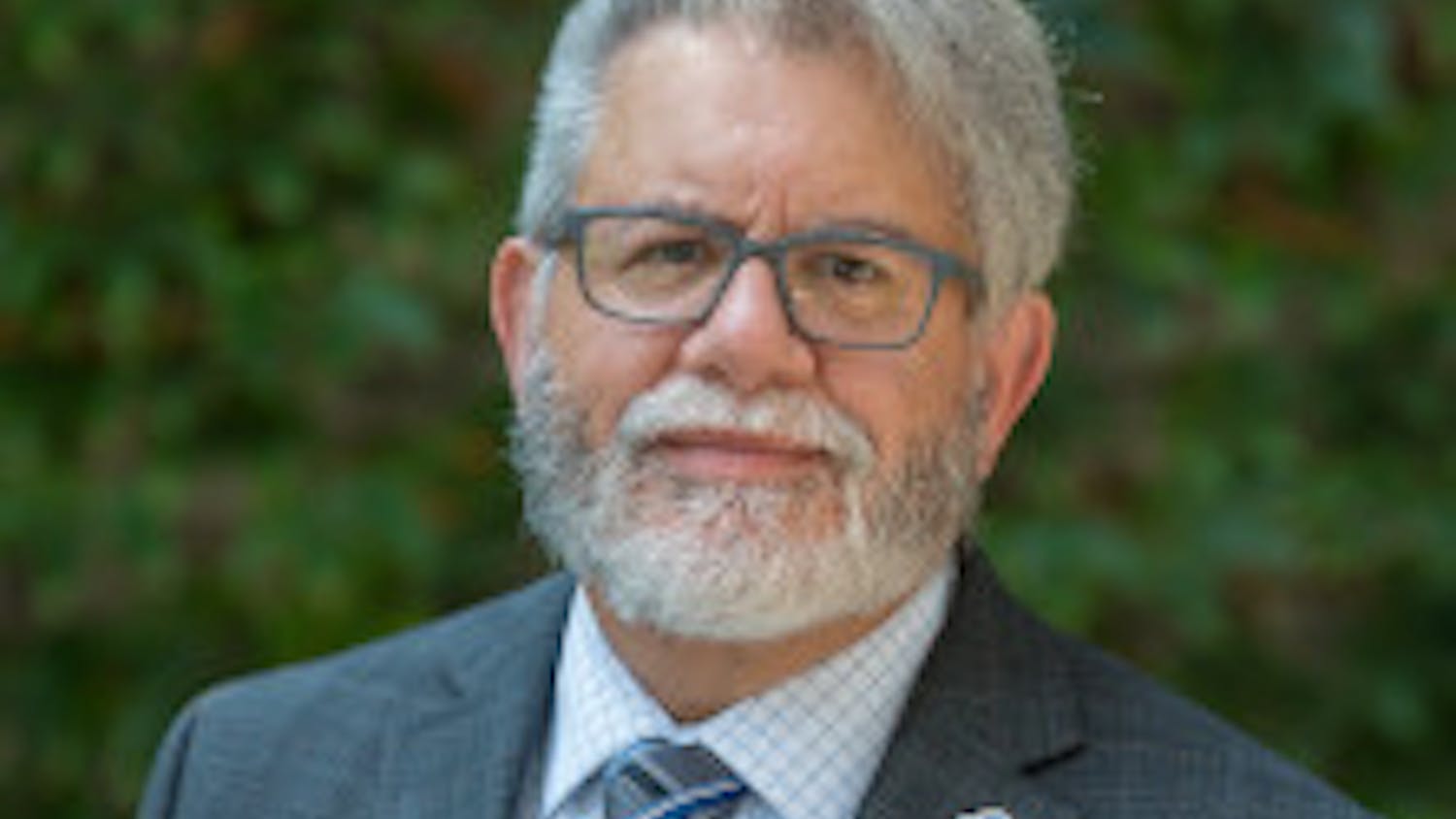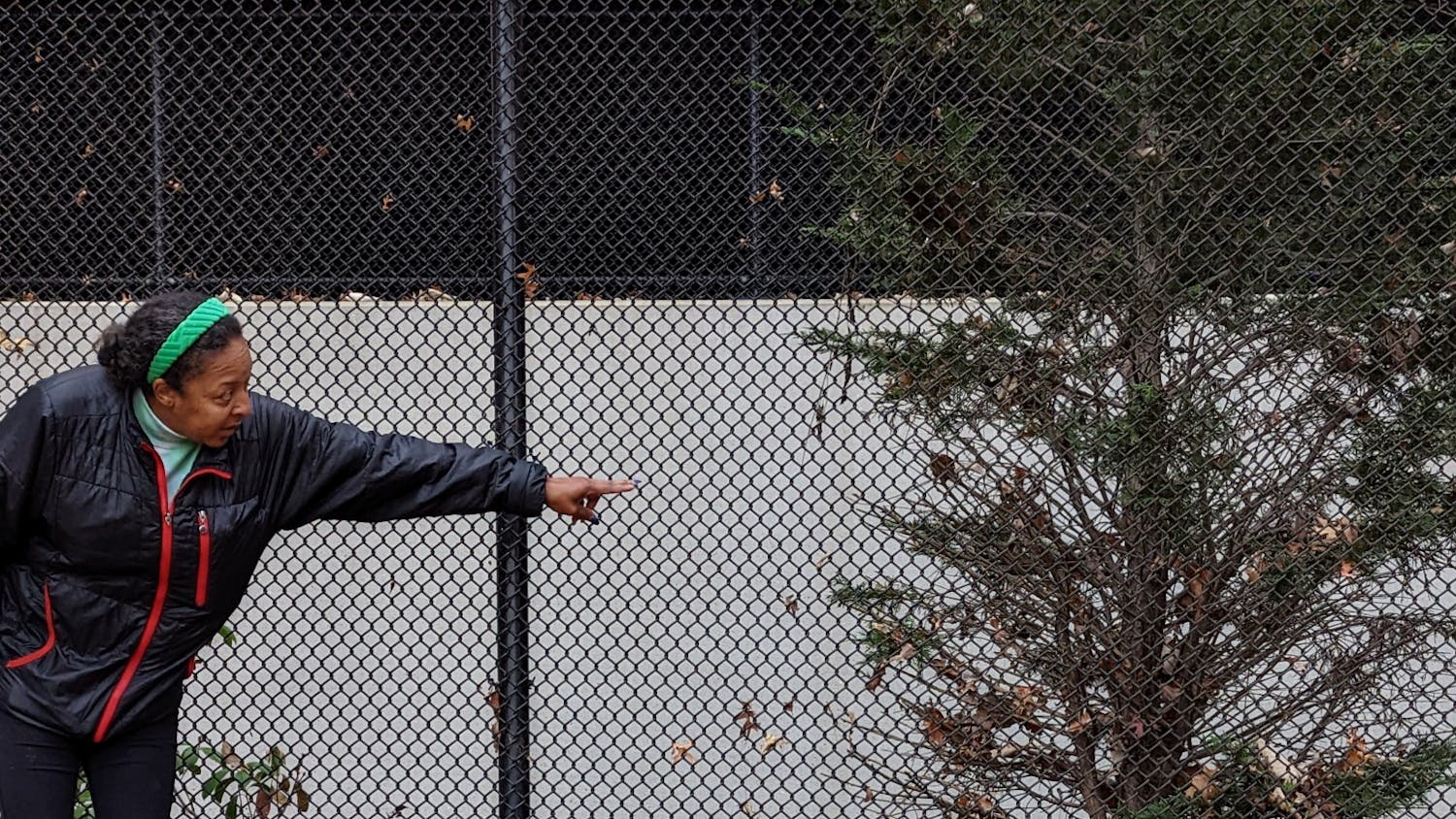A group representing about a fifth of Seton Hall’s faculty is demanding changes from administration after releasing a report last week detailing the low pay of the University’s full-time and adjunct faculty.
Seton Hall’s advocacy chapter of the American Association of University Professors (AAUP) are pushing for increased pay and faculty involvement in decision making.
“We believe a better Seton Hall is possible, and that together, we can build a just workplace,” said professor Benjamin Goldfrank, the chapter’s president. “There is no genuine shared governance at Seton Hall, and there hasn’t been for some time.”
The AAUP operates as a faculty union at public universities, including nearby Rutgers, where faculty went on strike earlier this month. At private universities like Seton Hall, faculty are barred from union protections as they are legally considered an extension of administration. As such, Seton Hall has a system of “shared governance,” wherein faculty members have a say in certain aspects of University decision making.
The AAUP made waves in 2021 when it threatened to censure Seton Hall over its plan to merge the College of Communication and the Arts with the College of Education. That plan has gone ahead despite reservations from many faculty members.
Now, Goldfrank is accusing the administration of “consistent violations of the spirit of shared governance.”
At the April 12 presentation of the report, Goldfrank said faculty pay at Seton Hall was “scandalously low.”
According to the University’s tax filings, Seton Hall’s net assets have increased from $337 million to $505 million between 2011 and 2021 and the University president’s compensation has more than doubled from roughly $500,000 million in 2011 to $1.3 million in 2021.
While the University stopped publishing average salaries for faculty in 2015, analysis of the school’s 2011 report and data reported to the Department of Education in 2021 show that faculty pay has not risen as sharply.
During the same decade, the average compensation for an assistant professor rose just 5.7% from $70,000 to $74,000 per year. Associate professor salaries rose 4.5% from just under $88,000 in 2011 to $92,000 in 2021, while full professor salaries fell 12.8% from $132 thousand in 2011 to $117 thousand in 2021.
Goldfrank also pointed out that currently the most that an adjunct professor can make in a year at Seton Hall is $12,000. He stressed the importance of the adjunct and assistant professor figures, as averages for associate and full professors are more fluid as longtime professors who make the highest salaries retire or leave the University.
According to a January 2022 report commissioned by AAUP, the current numbers are lower than those at many peer institutions.
The report found that among colleges and universities of similar size and stature, Seton Hall spent the least on instructor salaries and the most on administrative salaries. Department of Education data does not rank peer institutions by pay, but the 2021 data suggests that Seton Hall paid faculty less than the average peer institution did. The report and the Department of Education use different lists of peer institutions, though there is overlap.
University spokesperson Laurie Pine declined to comment on individual compensation rates but said that Human Resources looks at peer institutions to determine competitive salaries.
“The University shares the concern regarding fair and just compensation and teaching loads,” Pine said. “Therefore, a compensation study, led by a duly appointed committee of faculty and staff and co-chaired by a [Faculty] Senate-appointed faculty member, is underway. We look forward to learning the results of the study.”
But the AAUP chapter has qualms with the committee process too.
University committees tasked with investigating various internal processes typically have faculty representatives chosen by administration. According to Goldfrank, that’s not enough.
“This Provost and this President like to create special committees that are under their purview rather than work with existing Senate committees that have elected representatives from the departments and colleges,” Goldfrank said. “The faculty representatives on these special committees are not elected.”
Committee appointments weren’t the only issue Goldfrank presented surrounding shared governance, with the AAUP, Faculty Senate and administration all citing differing rates of response by administration to faculty requests.
According to Goldfrank, Provost Katia Passerini, the administrator who oversees the faculty, has rejected or has not answered roughly 40% of Faculty Senate resolutions passed since she took the job in 2020. Representatives of the Senate could not confirm this number and declined to comment.
Pine said only eight faculty resolutions are still awaiting a response from Passerini. The Setonian could not independently verify either figure.
Pine added that the Faculty Guide, which outlines the relationship between upper administration and faculty members, only recognizes the Faculty Senate as representative of the faculty, not the AAUP’s chapter, whose report she said “contains multiple misstatements and repeats several incorrect and disproven assertions.”
Goldfrank said he hopes to escalate the chapter’s protests if the University’s response is unsatisfactory.
“If the University doesn’t respond directly to this report, we will start escalating,” Goldfrank said. “We will go to national media if possible, we will try to coordinate with other elements on campus and hopefully if we get enough faculty engagement and enough numbers [that] we can think about taking further collective action.”
Daniel O’Connor can be reached at daniel.oconnor1@student.shu.edu. Find him on Twitter @itsDanOConnor.





